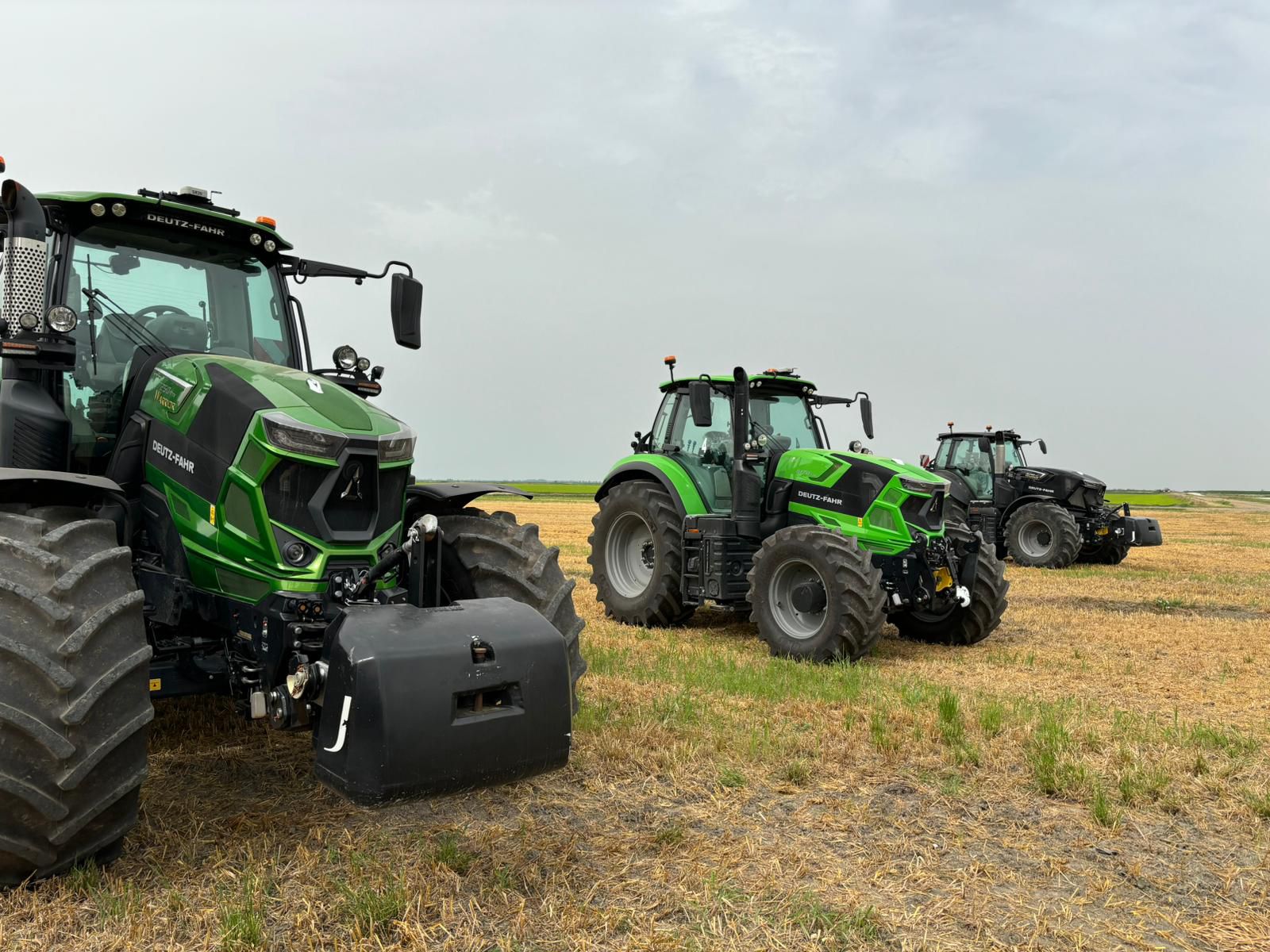
Press Release
"THE SEEDS OF ENERGY": AT JOLANDA DI SAVOIA BF SPA WITH ENI AND SDF FOR THE ENERGY TRANSITION
June 20, 2024
The results of the trial carried out on 90 hectares of land cultivated with Brassica carinata were presented, demonstrating the key role played by agriculture in the energy transition.
Used as part of the "cover crops" technique, Brassica has proven to bring major advantages across the board, with:
- significant agronomic benefits for the soil, including improvements to the physical and biological quality, an increase in organic matter, nitrogen and other nutrients, and a decrease in the use of herbicides against weeds;
- the creation of a new supply chain that enables farmers to benefit from both agro-ecological and economic advantages;
Jolanda di Savoia (Italy), 20 June 2024 - The conference entitled "THE SEEDS OF ENERGY – From Agriculture to the Energy Transition" was held today in the auditorium at the campus located within BF Spa's Jolanda di Savoia facility. The event was attended by Lodovico Bussolati, CEO of SDF Group; Luigi Ciarrocchi, Director of CCUS, Forestry and Agro-Feedstock at Eni; Francesco Giunti, Head of Integrated Initiatives and Regulatory Activities at Eni; Gianluca Lelli, CEO of Consorzi Agrari d'Italia; and Federico Vecchioni, CEO of BF Spa Group.
The purpose of the meeting was to share the results of the trials carried out on BF Agricola's land in Jolanda di Savoia, on an area spanning 90 hectares between October-November 2023, cultivated with Brassica carinata as a cover crop. In addition to demonstrating how Brassica, planted as a cover crop, can be used for the production of vegetable oils for the HVO biofuel transport chain, the trials also highlighted once again the fundamental role played by agriculture in managing ongoing climate change and contributing to a potential solution for the energy transition.
The event and field trials served to consolidate the partnership between BF Spa and Eni, whose "Progetto Italia" aims to develop an agro-industrial supply chain in Italy for energy use, including the use of marginal land. Indeed, HVO biofuels could also be a viable solution for vehicles used in agriculture. Four tractors from the SDF Group fleet (from the DEUTZ-FAHR brand range, models 6150.4 TTV, 6170 TTV, 7250 TTV and 8280 TTV), who have been partners of BF since 2020 – and who share a common innovative, technological vision of agriculture – were refuelled today with HVO biofuel, and put to work in the fields adjacent to the BF Group Spa Campus.
The research was based on the premise that the agricultural production sector is one of those most vulnerable to climate change: temperature and precipitation play a fundamental role in agronomic production, and significant variations in these two parameters have major effects not only on crop yields, but also on the structure and fertility of the soil itself. Farmers must therefore find solutions, and use agronomic techniques that mitigate climate risk. Cover crops are a very important means of doing this, as they act as intercrops to the main crops, and are cultivated at times of the year when the land usually used for food production is fallow. The benefits they bring are both agronomic and environmental: among the most significant of these are improvements to the physical and biological quality of the soil, an increase in organic matter, nitrogen and other nutrients, and a decrease in the use of herbicides against weeds. Until now – despite the fact that they bring great physical and biological advantages for the soil structure, benefiting farmers – cover crops were nonetheless an economic burden, as the plants used were cultivated and then ploughed into the soil, thus producing zero income.
"The path that we set out upon a few years ago with Eni has now reached an important milestone in terms of practices that can combine aspects of environmental sustainability, adaptation to climate change and energy transition.The results presented this morning illustrate the enormous benefits of Brassica cultivation and its uses. The findings demonstrate the real possibility of successfully launching a new supply chain that supplies raw materials for the production of biofuels linked to this crop, uniting the needs of the agricultural sector, the energy sector and the world of agricultural mechanisation – thanks to the technology developed by SDF Group – as well as the general guidelines for the cultivation of seeds for energy purposes. This shows yet again how agriculture can play a decisive role in areas other than those related to food", declared Federico Vecchioni, CEO of the BF Spa Group.
Some facts on Brassica and its other uses
Brassica carinata, also referred to as Abyssinian mustard, belongs to the Brassicaceae family, and is therefore related to oilseed rape (Brassica napus). It can be cultivated as winter green manure, and as such, does not interfere with food cereal crops. It can also be defined as a dual-purpose plant: when shredded and incorporated into the soil during flowering, it has biofumigant properties for pest control. Meanwhile, when fully mature, the residual biomass does not have a biofumigating effect, but incorporates carbon and returns nutrients to the soil, reducing climate-changing emissions. Furthermore, Brassica does not require much care or intervention, and standard equipment found on any farm can be used in its management (sowing and harvesting). In addition, it can also be cultivated in areas defined as "marginal land".
The benefits could also extend to the field of animal husbandry. A number of studies have been launched to obtain flour for animal feed from the processing waste of raw materials for the production of biofuels; last year these studies focused on sunflower with excellent results, and they are now set to be extended to Brassica too.
